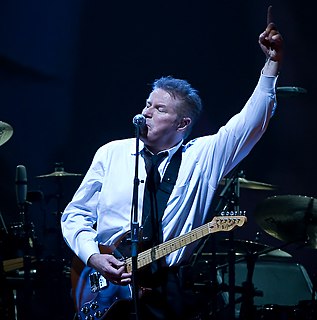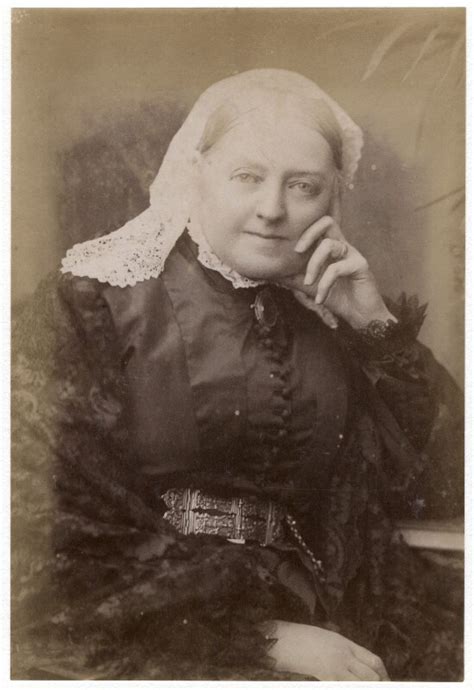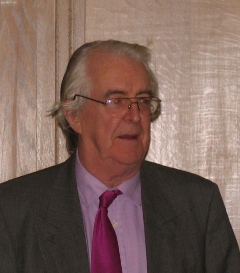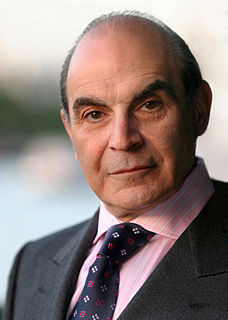Top 1200 Moral Responsibility Quotes & Sayings - Page 3
Explore popular Moral Responsibility quotes.
Last updated on April 15, 2025.
Surely it should be a matter of moral responsibility that we humans, different from other animals mainly by virtue of our more highly developed intellect and, with it, our greater capacity for understanding and compassion, ensure that medical progress slowly detaches its roots from the manure of non-human animal suffering and despair.
There is an increasing push to compartmentalize faith separately from our life in the public square - and it's not possible - at least, it's not possible if we continue the American tradition of true individual freedom, which also implies individual responsibility. Without an objective moral standard, that's not possible.
God doesn't help. I think that's a knockdown argument. I think that it really shows that whatever moral knowledge we have and whatever moral progress we make in our knowledge or whatever progress we make in our moral knowledge is not coming really from religion. It's coming from the very hard work really of moral philosophy, of trying to ground our moral reasonings.
The foundation of leadership is your own moral compass. I think the best quality leaders really know where their moral compass is. They get it out when they are making decisions. It's their guide. But not only do you have to have a moral compass and take it out of your pocket, it has to have a true north.
Scandal is great entertainment because it allows people to feel contempt, a moral emotion that gives feelings of moral superiority while asking nothing in return. With contempt you don't need to right the wrong (as with anger) or flee the scene (as with fear or disgust). And the best of all, contempt is made to share. Stories about the moral failings of others are among the most common kinds of gossip, they are a stable of talk radio, and they offer a ready way for people to show that they share a common moral orientation.
There can be, therefore, no true education without moral culture, and no true moral culture without Christianity. The very power of the teacher in the school-room is either moral or it is a degrading force. But he can show the child no other moral basis for it than the Bible. Hence my argument is as perfect as clear. The teacher must be Christian. But the American Commonwealth has promised to have no religious character. Then it cannot be teacher.
Unless a woman has a decided pleasure and facility in teaching, an honest knowledge of everything she professes to impart, a liking for children, and, above all, a strong moral sense of her responsibility towards them, for her to attempt to enroll herself in the scholastic order is absolute profanation.
If an instrument similar to a geiger-counter could be invented that counted moral judgements instead, we would learn to duck as people became increasingly 'moral', since lethal force is usually imminent. So far from moral fervour being an alternative to force, it is frequently the overture, the accompaniment and the memorial to it.
There are people who say, "God is in complete control of everything that happens, and if the Earth is getting warmer, then maybe God intends that." Well, no. God intends for us to take responsibility for how we treat God's creation, and if we choose to use the thin shell of atmosphere surrounding our planet as an open sewer for 110-million tons of global-warming pollution every day, the consequences are attributable to us. And if you are a believer, as I am, I think God intends for us to open our eyes and take responsibility for the moral consequences of our actions.
Political realism is aware of the moral significance of political action. It is also aware of the ineluctable tension between the moral command and the requirements of successful political action. And it is unwilling to gloss over and obliterate that tension and thus to obfuscate both the moral and the political issue by making it appear as though the stark facts of politics were morally more satisfying than they actually are, and the moral law less exacting than it actually is.
Human beings have rights, because they are moral beings: the rights of all men grow out of their moral nature; and as all men havethe same moral nature, they have essentially the same rights. These rights may be wrested from the slave, but they cannot be alienated: his title to himself is as perfect now, as is that of Lyman Beecher: it is stamped on his moral being, and is, like it, imperishable.
I don't believe in censorship, but I do believe that an artist has to take some moral responsibility for what he or she is putting out there. And I think a lot of these young kids are going
to have to learn the hard way before they realize that you can actually do some damage if you're being careless or frivolous in what you're saying.
When you learn to take responsibility for yourselves, then you will start taking responsibility for the planet. The planet is being destroyed by your abandonment of responsibility. You assume that you own the planet. And ownership confers upon you the right to do as you like. You do not own this beautiful planet. You are simply a guest here.
Legality alone is no guide for a moral people. There are many things in this world that have been, or are, legal but clearly immoral. Slavery was legal. Did that make it moral? South Africa’s apartheid, Nazi persecution of Jews, and Stalinist and Maoist purges were all legal, but did that make them moral?
The perpetuators of the Buddha dharma have a moral responsibility to the rest of humanity to be at the forefront of the change away from blood-letting and killing, and not surreptitiously fostering it because of their lack of will to change their habits or mode of thinking concerning the animal kingdom.
Why is it immoral for you to desire, but moral for others to do so? Why is it immoral to produce a value and keep it, but moral to give it away? And if it is not moral for you to keep a value, why is it moral for others to accept it? If you are selfless and virtuous when you give it, are they not selfish and vicious when they take it?
I'm not saying that atheists can't act morally or have moral knowledge. But when I ascribe virtue to an atheist, it's as a theist who sees the atheist as conforming to objective moral values. The atheist, by contrast, has no such basis for morality. And yet all moral judgments require a basis for morality, some standard of right and wrong.
To ignore [the] great social facts -- political facts, if you please -- and over-emphasize the old moral responsibility of the 'domestic' mother is a hollow mockery and betrays a hopeless ignorance of industrial and urban conditions in the Twentieth Century. ... Everything that counts in the common life is political.
Maturity is accepting the responsibility and totally understanding what responsibility means. So when we say, accept the responsibility for your attitude, we mean (1) become aware of how you think and how you feel; and (2) if there is any negativity, or if it is simply not as you want to feel then change it to make it right.
I love playing real people. It's a huge challenge and responsibility which I take on board and which I relish. It also scares me to death. Give me a totally fictional character and I don't have the same sort of responsibility. If, though, I play Sigmund Freud or Robert Maxwell or whoever then there is a responsibility.























































